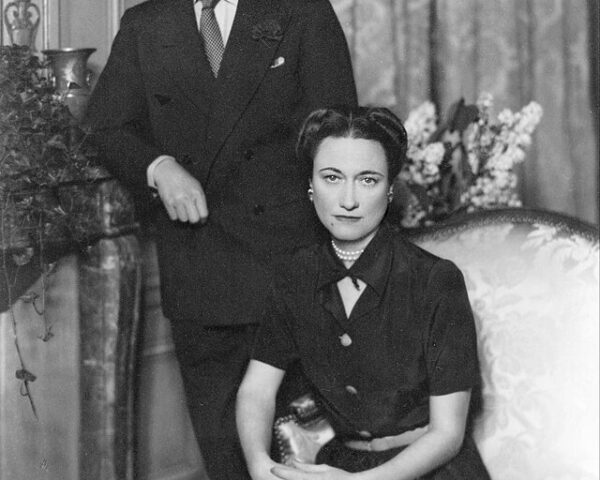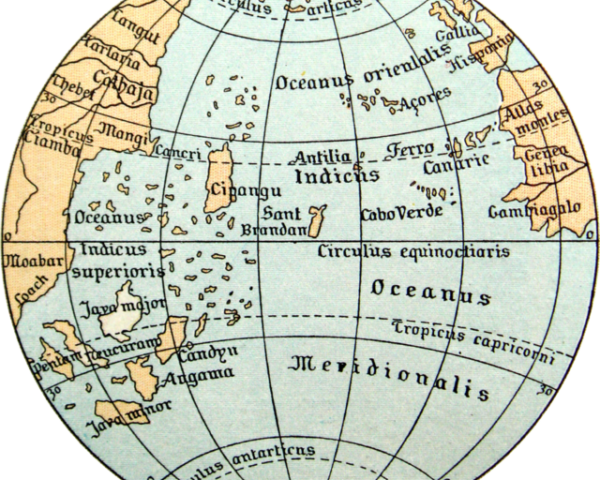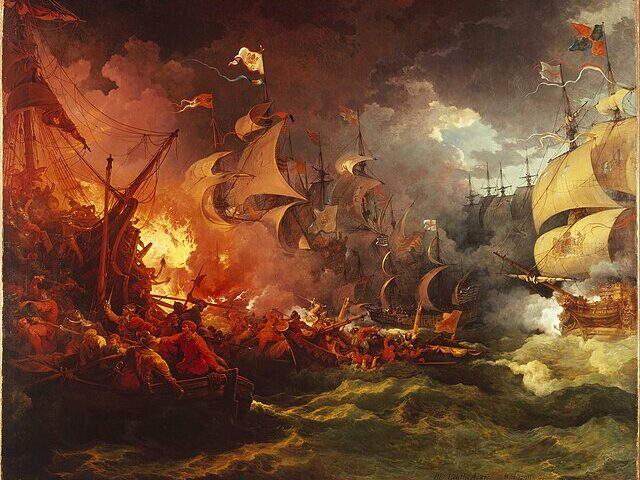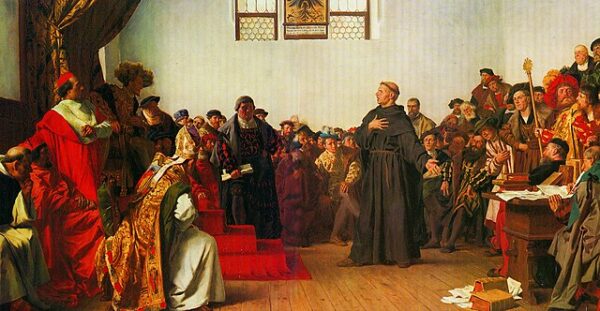June 5, 1956, was a day that changed Rock and Roll forever. On the Milton Berle Show, a young musician named Elvis Presley scandalized the country on national television. Elvis’s performance included exaggerated gyrations that drove the girls in the audience wild, and enraged…
Read MoreOn June 3, 1937, the Duke of Windsor, formerly King Edward VIII of the United Kingdom, married Wallis Simpson, an American socialite. This event, held at the Château de Candé in Monts, France, changed the direction of the British monarchy forever. Edward VIII had…
Read MoreOn June 3, 1492, Martin Behaim, a German textile merchant and cartographer, presented to an audience in Nuremberg something that few had never seen before: a globe. Calling it The Erdapfel, which translates to “earth apple,” Behaim carefully managed the construction of the globe…
Read MoreOn June 2, 1953, the world watched intently as Queen Elizabeth II officially received her crown. Elizabeth’s coronation occurred while her country still had scars from World War II. NPR writes that “the start of the 25-year-old’s reign was widely seen as the dawn…
Read MoreOn June 1, 1495, John Cor changed the drinking world forever. That’s when the monk first recorded that he had begun whisky production in Scotland in the Exchequer Rolls of Scotland. The entry indicates that “eight bolls of malt” were allocated to “Friar John…
Read MoreOn May 31, 1859, the iconic clock tower now known as Big Ben began to keep time for the first time. Located at the north end of the Palace of Westminster in London, the tower has since become one of the most recognizable symbols…
Read MoreOn May 29, 1913, the Théâtre des Champs-Élysées in Paris witnessed one of the most legendary and tumultuous premieres in the history of classical music: the debut of Igor Stravinsky’s ballet “The Rite of Spring” (Le Sacre du Printemps). The event has since become…
Read MoreThe Spanish Armada, a formidable naval force assembled by King Philip II of Spain, embarked on its fateful expedition beginning on May 28, 1588. Comprising 130 ships and approximately 30,000 men, including sailors, soldiers, and support personnel, the Armada’s mission was to overthrow Queen…
Read MoreThe Diet of Worms, convened in 1521, stands as a pivotal moment in the history of the Reformation and European religious politics. This imperial council, held in the German city of Worms, was summoned by Emperor Charles V to address the burgeoning theological controversy stirred by Martin Luther. Luther, a German…
Read MoreIn May 1919, the American businessman, Raymond Orteig, wanted to promote the first flight across The Atlantic Ocean. He announced, “As a stimulus to the courageous aviators, I desire to offer … a prize of $25,000 to the first aviator of any Allied country…
Read More










